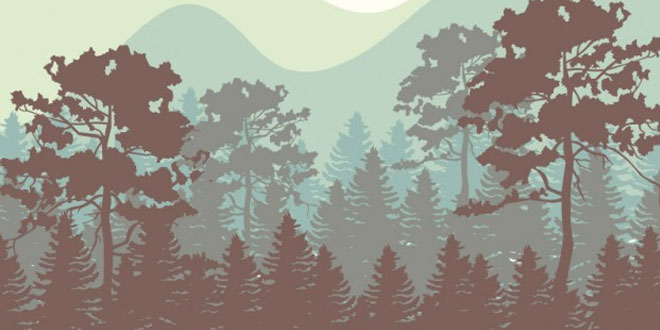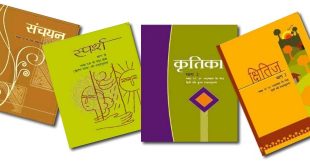Question: Distinguish between Reserved forests, Protected forests and Unclassed forests.
Or
Classify the forests into three categories.
Answer: Reserved Forests:
- These are permanently earmarked either for production or other forest produce.
- More than 50% of the total forest land of India has been declared as reserved forests.
- These are controlled by the government.
- The forests of J & K, Andhra Pradesh, Uttarakhand, Kerala, Tamil Nadu, West Bengal and Maharashtra fall in this category.
Protected Forests:
- These are protected from any further depletion.
- Almost 1 /3rd of the total forest area of India is called as the protected forest.
- These are controlled by the government.
- The forests of Bihar, Haryana, Punjab, Himachal Pradesh, Odisha and Rajasthan fall under this category.
Unclassed Forests:
- These consist of inaccessible forests or wastelands.
- These consist of only 16% of the total forest areas of India.
- These are owned by government and private individuals.
- The forests of north-eastern states and parts of Gujarat fall under this category.
Question: “Conservation projects have changed their focus in the recent years.” Explain.
Or
In what ways the conservation project has changed in the recent years?
Answer: The conservation projects are now focusing on biodiversity rather than on a few of its components. There is now a more intensive search for different conservation measures. Increasingly, even insects are beginning to find a place in conservation planning. In the notification under Wildlife Act of 1980 and 1986, several hundred butterflies, moths, beetles and one dragonfly have been added to the list of protected species. In 1991, for the first time plants were also added to the list, starting with six species. The clear lesson from the dynamics of both environmental destruction and reconstruction in India is that local communities everywhere have to be involved in some kind of natural resource management.
Question: “Maintenance of ecological system is of utmost importance”. How can you contribute to conserve it and what values are developed through this activity?
Answer:
- We humans along with all living organisms form a complex web of ecological system in which we are only a part and very much dependent on this system for our own existence. For example, the plants, animals and micro-organisms re-create the quality of the air we breathe, the water we drink and the soil that produces our food without which we cannot survive. Forests play a key role in the ecological system as these are also the primary producers on which all other living beings depend.
- We should save our environment by switching to green technology and by contributing less to the emission of carbon dioxide.
- We should plant more and more trees, say no to plastic bags, travel by public transport, etc.
- It will improve the quality of our lives as well as our children and will save our money to switch to alternate sources for power.
Question: The greatest damage inflicted on Indian forests was due to the extension of agriculture. Explain. Suggest any two ways to increase area under forests.
Answer:
- The expansion of agriculture started during the colonial period.
- Between 1951 and 1980, according to the Forest Survey of India, over 26,200 sq. km of forest areas were converted into agricultural lands all over India.
- Substantial parts of the tribal belts, especially in the north-eastern and central India, have been deforested or degraded by Shifting Cultivation (jhum), a type of ‘slash and burn’ agricultural method.
Suggestions :
(i) Planting more trees
(ii) Celebrating Van Mahotsav at community and school level.
Question: Give three reasons why we need to save the biodiversity of our planet. How can you contribute in the given cause?
Or
Explain the importance of biodiversity for human beings.
Answer:
- We humans along with all living organisms form a complex web of ecological system in which we are only a part and very much dependent on this system for our own existence. For example, the plants, animals and micro-organisms recreate the quality of the air we breathe, the water we drink and the soil that produces our food without which we cannot survive.
- The destruction of forests and wildlife is not just a biological issue. The biological loss is strongly correlated with the loss of cultural diversity.
- It also preserves the genetic diversity of plants and animals for better growth of species and breeding.
Our contribution :
(i) Minimizing wastage of resources.
(ii) Use Jute bags.
(iii) Planting more trees.
 Class Notes NCERT Solutions for CBSE Students
Class Notes NCERT Solutions for CBSE Students





